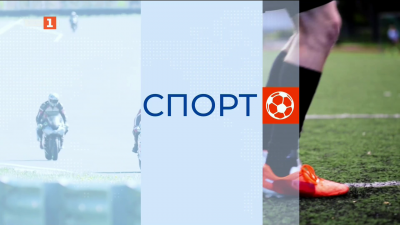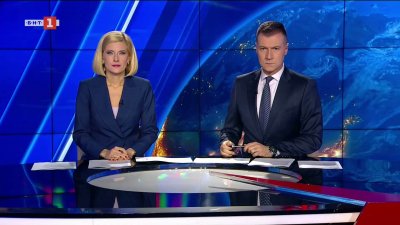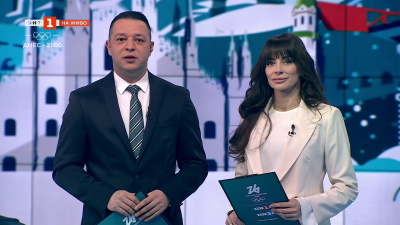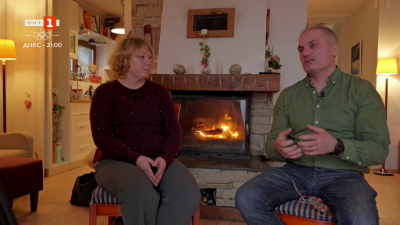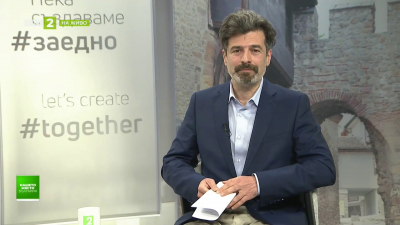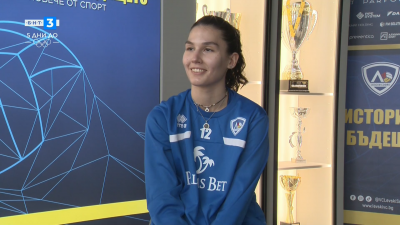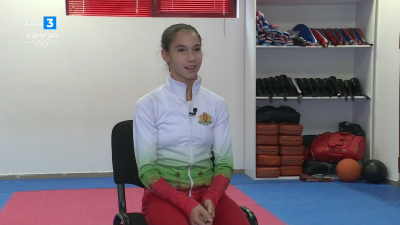President Radev with a letter to European leaders on the European membership of North Macedonia
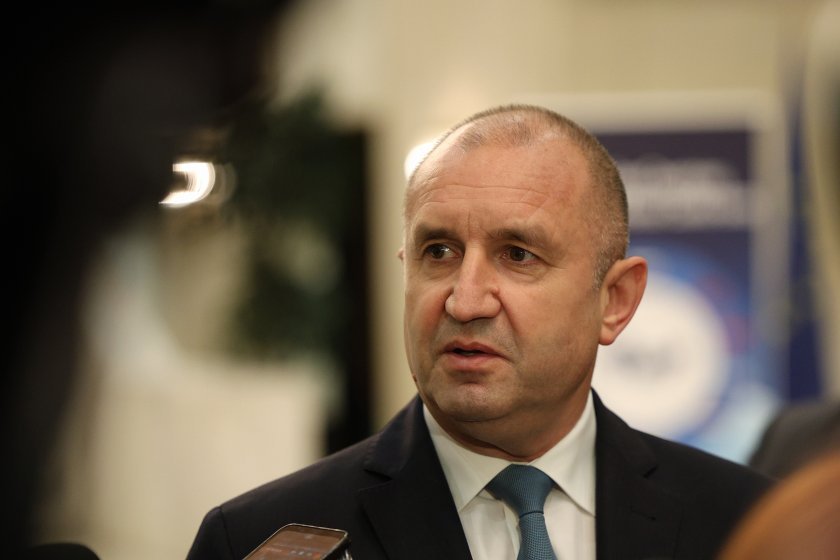
- In a letter to the European leaders and institutions, President Rumen Radev calls for the accession of the Republic of North Macedonia to the EU to be based on the fulfillment of the membership criteria and not on lobbying politics
- EU member states can jointly support the integration processes of the Republic of North Macedonia, which should focus on respect for human rights and the principles of good neighbourliness, the Head of State's position is
In a letter to the European leaders and institutions, President Rumen Radev stressed that he has always expressed and defended Bulgaria's principled position for consistent support for the European integration of North Macedonia - a country close to us, with which we share a common history, traditions and cultural heritage. At the same time, the Bulgarian state has always underlined the basic principles on which the EU enlargement process is based - those of its own merits and the fulfilment of the membership criteria through comprehensive socio-political reforms. Therefore, given the complex historical burden of our region, in the President's words, the issue of respect for the principles of good neighbourliness and human rights has a particular focus in this process.
The Head of State stresses that the events we are witnessing today show a tangible retreat from the path we have been following. The compromise reached by the European Council in July of last year, which was acceptable to both countries, has so far failed to resolve the problems.
"Instead of working to meet the conditions, Skopje is again relying on active lobbying to hide its lack of political will to achieve the membership criteria. Attacks and hate speech against Bulgaria are escalating, "blacklists" are being introduced to ban Bulgarian citizens from entering the country, the rights of the Bulgarian community are being trampled on - cases of physical violence, administrative and judicial harassment of people with Bulgarian identity, arson and shootings against their cultural clubs, constant threats to their jobs just because they are Bulgarian are on the rise. This atmosphere severely hampers the development of trade, economic and cultural ties between the two countries," the letter said.
The President singled out the resolution of the German Bundestag as an example of the imposition of the main narrative of the political circles and media in the Republic of North Macedonia on relations with Bulgaria, which is dominated by the thesis that our country does not accept the modern identity of North Macedonia.
"The fact is, however, that Bulgaria has never challenged the right of the citizens of North Macedonia to define their modern identity and to call their official language whatever they wish. Bulgaria only reacts to attempts to build the country's identity on an anti-Bulgarian basis and by appropriating Bulgarian history, similar to Skopje's obsession with the ancient period until the signing of the treaty with Greece in 2018," Rumen Radev points out.
At the same time, the resolution calls on Bulgaria not to set additional conditions for the Republic of North Macedonia’s accession to the EU. In this regard, the head of state stresses that the inclusion of Bulgarians in the country's constitution is only a precondition for the start of membership negotiations. However, it does not exhaust the conditions that North Macedonia should fulfil.
In this context, the letter notes that in the July 2022 Enlargement Conclusions, the European Council recalled the importance of achieving tangible results and the faithful implementation of bilateral agreements with Greece and Bulgaria, including the 2017 Treaty of Friendship, Good Neighbourliness and Cooperation with Bulgaria, as well as the protocols of the joint meetings of the intergovernmental commission under Article 12 of this Treaty. The two protocols signed so far, include important specific commitments, such as the refusal of the Republic of North Macedonia to use hate speech against Bulgaria, the change of the content of textbooks in the general education system, the end of discrimination against citizens identifying themselves as Bulgarians, the declassification of the archives of the Yugoslav secret services related to the pogroms against the Bulgarian population in North Macedonia. Unfortunately, nothing has been done by Skopje on these issues.
A case in point is the forthcoming report of the European Parliament on the Commission's report on the Republic of North Macedonia for 2022. In an interview on 23 May, the Republic of North Macedonia’s foreign minister publicly stated that he had contacts with MEPs from the European Parliament's Committee on Foreign Affairs and influenced the text of the draft report, directly involving himself in the drafting process with written proposals. "Never before has a candidate country been allowed to have such influence on the work of the European institutions. Yet another example of Skopje's lobbying policy is the announcement by the country's foreign minister that other member states intend to issue declarations similar to the resolution of the German Bundestag," Head of State Rumen Radev stressed.
Following such an approach is not in favour of the European perspective of the Republic of North Macedonia, is the President's position. In his letter, the Bulgarian Head of State expresses confidence that Bulgaria and the other EU member states can jointly support the integration processes of the Republic of North Macedonia, which should focus on the achievement of the membership criteria, with particular emphasis on human rights and the principles of good neighbourliness.
Get the latest news wherever you are!
Follow us on
Facebook
and
Instagram
Follow BNT’s YouTube channel
You can now also watch us on
TikTok
Find us on
Google News







